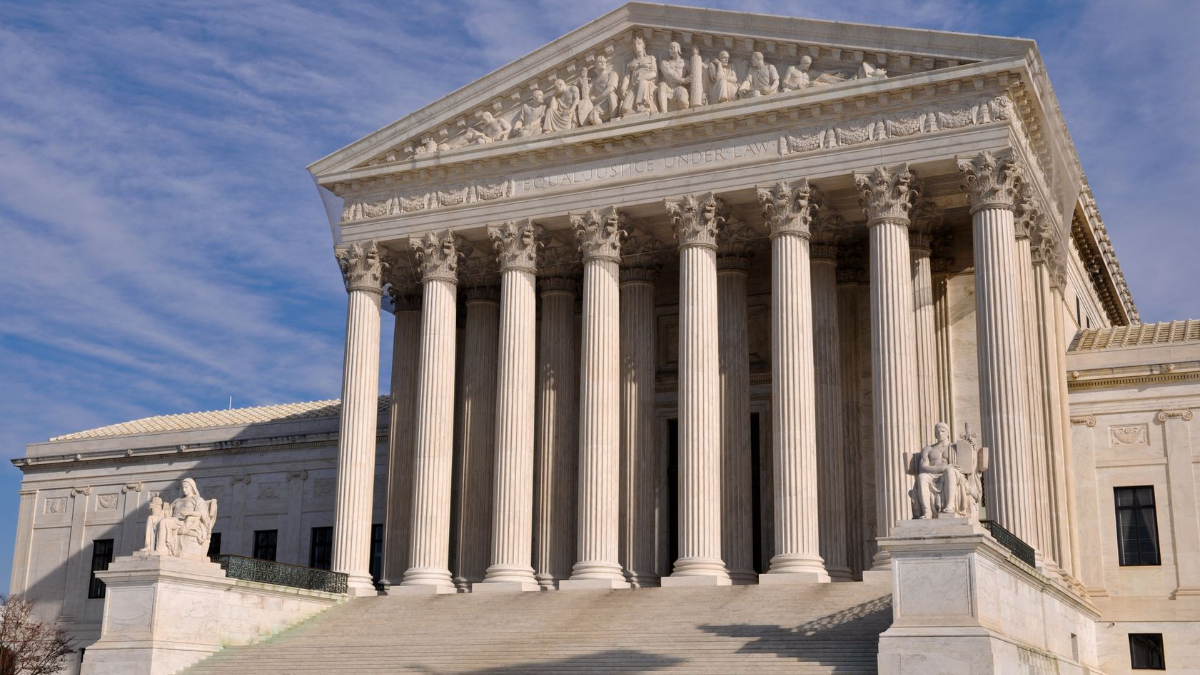Justice Neil Gorsuch’s first high-profile case at the Supreme Court, heard April 19, was Trinity Lutheran Church of Columbia v. Comer—but the case never should have made it this far. Political acrimony helped escalate it to the high court prematurely. It would be resolved already had it been handled in state court.
The facts are simple. Missouri offers grants to nonprofit organizations for installing rubber playground surfaces. The money comes from a fee on new tires. The church applied for a grant for its day-care center, but it was denied funds because of a provision in Missouri’s Constitution: “No money shall ever be taken from the public treasury, directly or indirectly, in aid of any church, sect or denomination of religion.”
Trinity Lutheran went to federal court, alleging violations of the First and 14th amendments. After losing, the church appealed to the Supreme Court.
Law geeks have filled the internet with arguments about the case. People on the left fear that a victory for the church would allow taxpayer money to be used in explicitly religious institutions such as tuition for parochial schools. Those on the right, who favor faith-based programs, argue that Missouri must treat all nonprofits, religious or not, the same.
But why this is a federal case? Trinity Lutheran is a Missouri church challenging the state’s application of the state constitution. The grant program is funded by in-state tire sales. Missouri is neither establishing a church nor interfering with worship. Common sense tells us the First Amendment is not implicated.
Similarly, the 14th Amendment should be inapplicable. The Equal Protection Clause was meant to ensure that states treated whites and blacks the same regarding civil and legal rights.
In an 1823 letter, Thomas Jefferson wrote that “the capital and leading object of the Constitution was, to leave with the States all authorities which respected their own citizens only, and to transfer to the United States those, which respected citizens of foreign or other States.” Jefferson further noted that when a dispute arises “between a citizen and his own State, and under the law of his State,” it is “a domestic case” over which federal courts lack jurisdiction.
Today almost every issue is a national issue; the left and right fight to the death in the all-or-nothing game of politics and law. In a Jeffersonian federalist system, Missourians would be free to work this out themselves.
They may have done so already. On April 13 Gov. Eric Greitens’s office said he had “instructed the Department of Natural Resources to allow religious organizations to apply for and be eligible to receive DNR grants. Now, religious organizations will have their applications judged on the merits like any other applicant.”
If Trinity Lutheran had been handled in state court, it would now be moot. The Supreme Court should remove the case from its docket and let the matter stand resolved.












